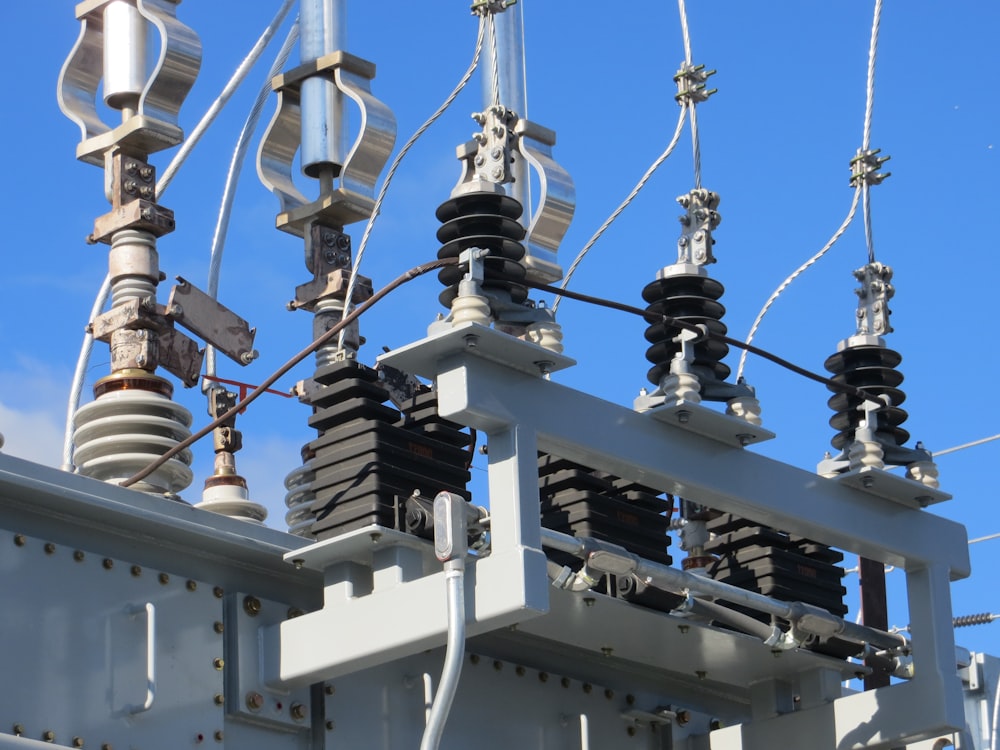Renewable Energy Storage Technology: Powering Sustainability
Renewable energy storage technology stands at the forefront of sustainable energy solutions, offering a diverse array of benefits and applications that are shaping the future of clean energy.
The Evolution of Energy Storage
Energy storage has evolved significantly in recent years, driven by advances in technology and the increasing integration of renewable energy sources into the grid. Renewable energy storage technology encompasses a wide range of solutions, from lithium-ion batteries and pumped hydro storage to thermal energy storage and hydrogen storage systems.
Enabling Renewable Integration
One of the primary benefits of renewable energy storage technology is its ability to facilitate the integration of renewable energy sources into the grid. By storing excess energy generated from sources like solar and wind power during periods of low demand, energy storage systems ensure a steady and reliable power supply even when renewable energy production is intermittent.
Balancing Supply and Demand
Renewable energy storage technology plays a crucial role in balancing supply and demand on the grid. During times of high energy demand, stored renewable energy can be discharged to meet the needs of consumers, reducing the reliance on fossil fuel-based power generation and helping to stabilize electricity prices.
Enhancing Grid Resilience
Energy storage systems contribute to grid resilience by providing backup power during grid outages and emergencies. By incorporating distributed energy storage solutions into the grid infrastructure, communities can improve resilience to extreme weather events, cyberattacks, and other disruptions, ensuring continuous access to electricity when it is needed most.
Supporting Decentralized Energy Systems
Renewable energy storage technology enables the development of decentralized energy systems, where power generation and storage occur closer to the point of consumption. This decentralized approach reduces transmission losses, improves grid efficiency, and enhances energy security by reducing dependence on centralized power plants and long-distance transmission lines.
Driving Innovation and Cost Reductions
The rapid growth of renewable energy storage technology has spurred innovation and cost reductions across the industry. Advances in battery chemistry, manufacturing processes, and system design have led to significant improvements in energy storage performance and affordability, making renewable energy storage solutions more accessible to a wider range of applications.
Unlocking New Opportunities
Renewable energy storage technology is unlocking new opportunities for innovation and growth in various sectors. From electric vehicles and portable electronics to grid-scale energy storage projects and off-grid power systems, the versatility of renewable energy storage technology is driving the transition towards a more sustainable and decentralized energy landscape.
Addressing Environmental Concerns
While renewable energy storage technology offers numerous benefits, it also raises environmental concerns related to materials sourcing, manufacturing processes, and end-of-life management. Efforts are underway to address these challenges through sustainable sourcing practices, recycling initiatives, and the development of more environmentally friendly battery chemistries.
Collaboration and Policy Support
To fully realize the potential of renewable energy storage technology, collaboration and policy support are essential. Governments, industry stakeholders, and research institutions must work together to incentivize investment in energy storage infrastructure, streamline permitting processes, and develop regulations that support the deployment of renewable energy storage solutions.
A Path Towards Sustainability
In conclusion, renewable energy storage technology is a key enabler of a more sustainable and resilient energy future. By harnessing the power of renewable energy sources and energy storage systems, we can reduce carbon emissions, improve energy security, and build a more sustainable and equitable world for future generations.





